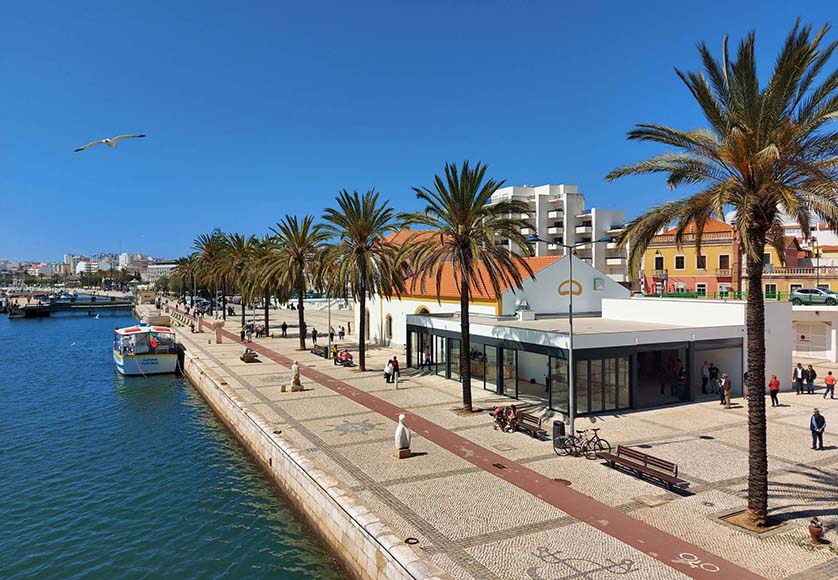
The political game largely responds to the mechanisms of supply and demand.
If a party makes a bid that meets increased voter demand, it will rise, and vice versa.
above all
The far right triumphed in Italy. In Sweden, she made an amazing breakthrough.
In many other European countries, it is advancing.
What is the offer of these parties that meets the growing demand?
Just listen to those parties and those voters.
Listen to Joseph Fakkal’s editorial on The Richard Martineau Show, which airs live every day at 9:48 am. Through QUB Radio :
The answer lies in one word: immigration.
Growing numbers of voters are increasingly uncomfortable with, if not outright hostile to, mass immigration, and these parties are echoing that concern.
These parties may have simplistic or misleading answers, but they do not deafen or condemn a voter who expresses discomfort.
Why this rise in anti-immigration sentiment? After all, immigration is nothing new.
Four aspects of the problem have changed.
The first is volumes.
A handful of societies, including Quebec, receive massive, unprecedented amounts of immigrants, beyond their ability to integrate, and as a result native-born citizens see the neighborhoods they grew up in transformed without their consent, and end up feeling like strangers in the home.
The second is where the immigrants come from.
When the immigrants were Italian, Portuguese, Greek, Latin American, and Vietnamese, integration was easier.
These newcomers came from cultural, religious, or linguistic worlds less distant from the host society.
Let’s not pretend: Today, tensions often stem from disturbing religious claims or practices, and militant Islam is at the center of the majority of controversies.
The third is the attitude of many immigrants.
When my family and I arrived in 1970, we had two feelings: reticence and gratitude.
It was about blending into the landscape, being as Quebecois as possible, keeping our own customs in the private sphere, not demanding that laws be changed for us, and showing gratitude for people who didn’t have to make room for us.
Nowadays, it is difficult to avoid the impression that many immigrants require the host society to adapt to them.
To problematic situations, in the particular case of Quebec, we can add the frequent refusal to learn French: why learn a less important language, as many newcomers say themselves?
always more
The fourth change is the dominant ideology.
There is already a near monopolistic immigration ideology in our media and in our education system. .
It is based on three points: a) always more, b) immigration is uniformly necessary and positive, and c) any criticism can only be ill-intentioned and morally reprehensible.
Put it all together and you’ll understand why tensions run high and high, here as elsewhere.






